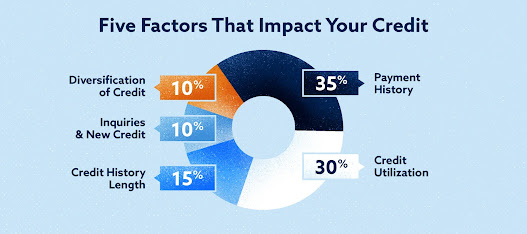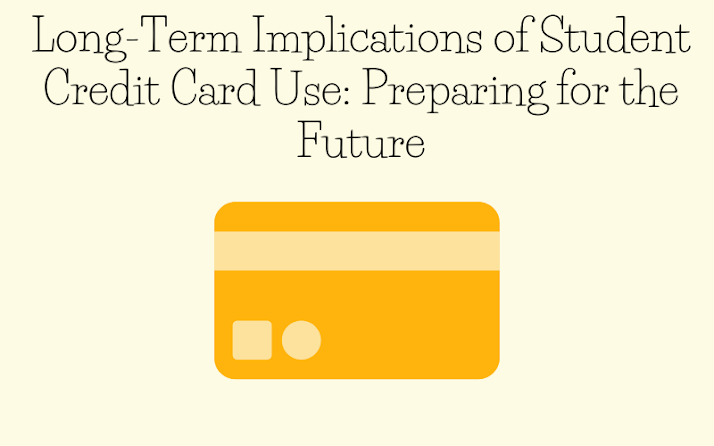5 Factors That Impact Your Credit Card Limit
For many people in India, credit cards have become an important financial tool. In order to effectively manage your finances, you must first understand the factors which impact your credit card limit. This article will go over five major factors that can affect your credit card limit. By learning about these factors, you'll be more capable to make informed credit card decisions and maximize your credit limits.
Credit Score
First and foremost your credit score is a significant factor affecting your credit card limit. Lenders assess your credit score to evaluate your creditworthiness. A higher credit score indicates responsible credit behavior and increases the chances of a higher credit card limit. To maintain a good credit score, it is important to make timely payments, keep your credit utilization low, and maintain a healthy credit history.
Income and Employment
Another crucial factor influencing your credit card limit is your income and employment status. Lenders consider your income to gauge your capacity to repay debts. Generally, a higher income translates to a higher credit limit. Additionally, having a stable employment and a consistent income source instills confidence in lenders regarding your repayment capabilities.
Credit Utilization Ratio
The credit utilization ratio, which measures the percentage of available credit you are currently using, is also a significant factor in determining your credit card limit. Lenders utilize this ratio to assess your credit management skills. Maintaining a low credit utilization ratio, preferably below 30%, demonstrates that you are not overly reliant on credit and can responsibly handle additional credit. By keeping your credit utilization ratio low, you increase the likelihood of a higher credit card limit as it signifies a lower risk of payment default.
Credit History
Your credit history gives lenders important information about your previous credit behaviour. A good credit history, with on-time payments and responsible credit usage, can help you increase your credit card limit. A history of late payments, defaults, or too much debts, on the other hand,may have a negative impact on your credit card limit. Building and maintaining a good credit history is important for responsible credit management and avoiding a poor record on your credit report.
Relationship with the Bank
Your previous relationship with the bank or credit card issuer can have an important effect on your credit card limit. Furthermore, if you have a long history with a particular bank and have regularly demonstrated good credit behaviour, the bank may be more likely to extend you a higher credit limit. Furthermore, being a loyal customer, having multiple bank accounts, or holding other financial products can all contribute to a favourable credit limit. You can improve your credit card limits by developing a strong relationship with your bank through responsible financial management.
Conclusion
Understanding the factors that impact your credit card limit is essential for effective financial management. By comprehending the role of your credit score, income and employment, and credit utilization ratio, you can take proactive steps to optimize your credit card limit. Remember to maintain a good credit score, exhibit responsible credit behavior, and strive for a lower credit utilization ratio. By doing so, you enhance your chances of obtaining a higher credit card limit and effectively meeting your financial needs.
Read More: The Different Types of Credit Cards and Their Benefits



.png)
Comments
Post a Comment